Audio
Powerd NewsWrap 9th July 2025
Powerd NewsWrap by
Emma Myers2 seasons
9th July 2025
14 mins
Brought to you by the Disability Media Australia, the Powerd Newswrap presents articles from the powerd.media website, along with discussions of the related topics.
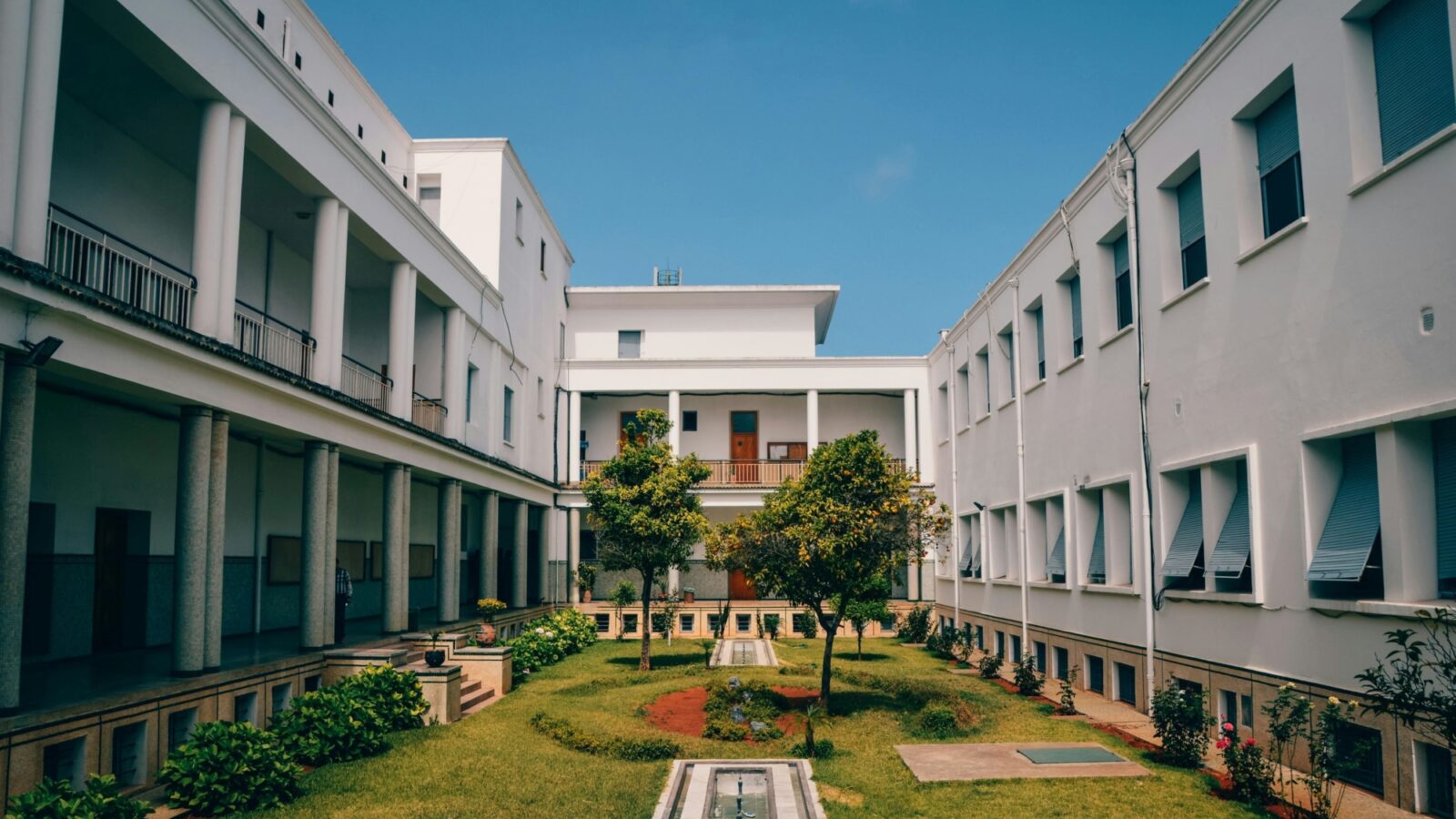
This week on the Powerd Newswrap
Sam Rickard is joined by Emma Myers, Powerd Media’s Disability and Political Reporter, to discuss the issues of the week and present the latest articles from https://powerd.media/
This week’s articles read by Jim McMann:
Disability groups condemn Queensland’s decision to elevate segregated schooling: https://powerd.media/news/disa...
Researcher explains why people with disability are dying from preventable cancers: https://powerd.media/news/q-a-...
This program is brought to you by Disability Media Australia.
Vision Australia ID 0:00
Welcome to a Vision Australia radio podcast. Love our podcasts. Why not listen to us live, tune in anywhere, anytime, ask your smart device to play Vision Australia radio or visit va radio.org
Speaker 1 0:22
on the Vision Australia and reading radio networks. This is the powered news wrap.
Sam Rickard 0:26
It's the ninth of July. We're presenting articles from the powered Media website. And of course, joining, as per usual, is Emma Myers, how you going? Emma? I'm splendid. How is then? I'm okay. I've been having a lot of technical problems, in fact, and I think that, yes, the world of technology has been picking on me this morning, which is a lot of great fun. But we start out with an article about Queensland taking a few steps back as far as special education goes.
Emma Myers 0:55
Yeah, it's quite a blow to the community, isn't it? So in Queensland, recent budget announcement, they announced funding to build six new special schools all around the state, and yeah, not many people are actually that thrilled about it, because it goes against recommendations from the Royal Commission. I
Sam Rickard 1:21
can remember those recommendations. There was sort of quite a bit of controversy among a number of different groups about that, but everyone said did seem to agree that a purely segregated model for education was really not the go. So if you have some sort of hybrid, then fantastic. And I'm sure we've got listeners now who have gone to special schools and have had a great time there, but I think it was Graham Innes that made the point that, yes, you learn a lot of stuff, but you don't necessarily learn how to operate in an able bodied world. And I've kind of noticed that with people I've met in that over the years. How about you?
Emma Myers 2:00
Yeah, definitely. My own parents almost sent me to a special school, but decided that they didn't want to wrap me in cotton wool, and they thought that a mainstream education would be able to prepare me for the outside world. Yeah, it's a very odd situation. I'll grant you that.
Sam Rickard 2:21
Oh, it's almost as if we are talking about Queensland in the 1980s where set your clocks to 1963 anyway, we will now cross to our news reader for the week with Jim McMahon, so over to you,
Speaker 1 2:33
Jim. Thank you, Sam. Many disability agency organizations working together to advance inclusive education across Australia's education systems say that they are deeply concerned by the Queensland Government's recent announcements to build six new special schools. The Queensland government says the boost will ensure students with the highest support needs receive the specialized Teaching and Learning required for them to thrive. However, the Australian Coalition for inclusive education, a CIE, a National Alliance of 25 organizational members representing the education of people with disability, issued a statement arguing the decision undermines Australia's international human rights obligations by elevating a discriminatory education system that separates rather than includes children and Young people with disability, children and young people with disability. Australia. Cyda, a disability advocacy group, is the co chair of a CIE cyda, CEO sky kokoshki Moore claims that the decision flies in the face of families and teachers who have spent decades campaigning for a truly inclusive mainstream education system in Queensland, we've got a decision that takes us 100 steps backwards in terms of the progress the inclusive education movement has made to date, says ms kirkoski Moore. Ms kirkoski Moore also claims the Queensland Government has not given enough thought to evidence provided in a disability Royal Commission proving the segregation of students with disability resulted in worse outcomes by starting students in a segregated setting early, you are putting them on this pathway towards not being part of the broader Australian community. All students in mainstream education experience better academic, social and developmental outcomes when they are supported to learn and grow together from the early years, according to the ACIE former Disability Discrimination Commissioner gra Innes, who attended a special school early in his educational journey, argues, segregated education doesn't prepare students for life after school ends. They don't train us to interact in the world. It's counter intuitive to want people to live successfully in the community and then to take them away from the community for their schooling, says the former commissioner cyda CEO sky kokoshki Moore, argues it's crucially important that other states and territories don't follow Queensland's lead. It's really important they recognize that investing in a dual track system of education options for students with disability is short sighted. Noted, Mr. Innes agrees there's no logical argument for continuing a special school system, but we as a community don't seem to be able to make the decision to change it. Yi Yang is a research fellow with the Melbourne Disability Institute. Her research focuses on reducing health inequalities faced by people with disability. She says people with disability are missing out on cancer screening that could save their lives. Powered media sat down with Ms Yang to discuss why this is happening and what is being done to improve the outcomes. What do the studies tell us about cancer mortality rates for people with disability? We Melbourne Disability Institute
Yi Yang 5:43
looked at studies all around the world which they compared cancer outcomes in people with disability to outcomes in people without disability. And what we found in that study was that we look across the whole cancer journey from cancer screening participation stage at diagnosis to mortality from cancer, people with disability do much worse. This means that people with disability are missing our own cancer screening programs. They are more likely to be diagnosed at an advanced stage, and then after diagnosis, they are also less likely to survive than people without disability. And what's causing this barrier? There are many underlying issues causing these inequalities. For example, many people with disability live with a lot of other health conditions, so routine care, like cancer screening may not be on the top priority list, so they tend to have a lower participation rate than people without disability, and also buildings where services are provided, medical equipment used to do screening and information provided for screening and other services may not always be accessible for people with disability, and adding To that, navigating the health system can be overwhelming, especially for people with disability who need support for daily activity, transport or communication, and sometimes more time and resources are needed to support people with disability, especially with intellectual disability, but it's hard, given the current health system is quite overstretched.
Emma Myers 7:46
Do you simply need alternative methods for screening? What options are available? So I
Yi Yang 7:53
think this comes to what we can do, including making the medical equipments for screening accessible. More work needs to be done to make sure that, for example, as you said, the breast screening equipment might not be accessible to people with physical disability, and there will need to be other options. And also, same issues happen with, say, cervical screening, and there are people doing research on how cervical screening can be made more accessible to people with disability
Emma Myers 8:28
in terms of direct or indirect discrimination from people who may not have the knowledge equipped to treat people with disability adequately what can be achieved there.
Yi Yang 8:44
So in the recent Australian cancer plan for the next two years, one of the priority is to train health professionals so that they are provided with support information and training to make sure that they understand the needs of people with disability and also can respond to the needs of people with disability. As part of that, it will help to reduce the discrimination from health professionals towards people with disability, and so that they can make the reasonable adjustments to provide optimal cancer care. But I know it's a structural
Emma Myers 9:28
issue. What can we put into place that we've already got resources
Yi Yang 9:33
for organizations like Cancer Council Victoria, they have released resources to make cancer screening programs more accessible for people with disability, and with the guidance of how to make things accessible and what are the key barriers people with disability are currently experiencing with this information, nationals. Screening programs say for bowel cancer, breast cancer and cervical cancer can be made more accessible to people with disability, and there are active research going on on how to improve people's accessibility to screening, treatment and cares to reduce mortality. We have existing information pack for the general population, and then these will be made in multiple accessible formats for people with disabilities, on top of the discrimination and also accessible screening and care, there are other things we should do to make sure people with disability have equitable cancer outcomes. For example, designing prevention interventions with people with disability so that these interventions can actually work effectively. We need to ensure people with disability have a voice, which means we need to support people with disability better and involve them in the conversations about their own care, so that they can make informed decisions. So with all this, we hope that every part of the cancer journey will become better for people with disability.
Unknown Speaker 11:24
Now, back to Emma and Sam.
Sam Rickard 11:26
Thank you, Jim. So it was a fairly concise interview, and now, in fact, I used most of your own material on this one. Is there anything that sort of you can take out from the whole chat with you? Yang, look,
Emma Myers 11:39
I think the best thing I can take away is that I was rightfully horrified by the entire subject matter of people with disability dying from preventable cancers because of a lack of awareness, A lack of clarity and um, and a lack of education,
Sam Rickard 12:03
um, this thing that we have been sort of going into recently, especially with the NDIS, where there's a mixture between of confusion between health and disability. And, I mean, some people already see people with a disability as being sick already, which will, in theory, we as healthy as anybody else.
Emma Myers 12:20
I mean, it's not so much being taken seriously as it is understanding how to actually diagnose cancer within people with disability. I mean, the thing is, a lot of cancer screening places aren't accessible for people with disability, you've got the breast screening truck that goes around, and it's just steps, so people who use wheelchairs can't actually go into the vans or or you will people who present at a clinic, but other methods of testing for cancer aren't accessible.
Sam Rickard 13:06
It's another case. I've just watched this space, and I suppose hope that we can improve on these, these matters. That's nothing's going to change unless people like ourselves actually do keep an eye on this and ask a few questions to the people that matter. I suppose we've got another interesting article coming up next week, which up next week, which didn't quite make our deadline, so maybe you can talk a
Emma Myers 13:26
little bit about that. Yes, Sam, we've got a article on tube feeding and how they're being left out of the conversation.
Sam Rickard 13:34
All right. So yes, we've got that to look forward to next week. Do we say look forward to that? It sounds pretty dire in some ways, not a lot of these articles are fresh and fun, but anyway, that is a wrap for this wrap, we'll both See you next
Unknown Speaker 13:49
week. Bye, bye. You can
Speaker 1 13:52
find these articles and more by going to powered spelled P, O, W, E, R, D, dot medium along with the podcast of this show, the Powerd news wrap was brought to you by disability media Australia. This show is produced by Sam Rickard in the Adelaide studios of Vision Australia radio you.
Continue listening

Brought to you by the Disability Media Australia, the Powerd Newswrap presents articles from the powerd.media website, along with discussions of the related topics.
Powerd NewsWrap 21st May 2025
Powerd NewsWrap by Emma Myers
21st May 2025
•15 mins
Audio

Brought to you by the Disability Media Australia, the Powerd Newswrap presents articles from the powerd.media website, along with discussions of the related topics.
Powerd NewsWrap 28th May 2025
Powerd NewsWrap by Emma Myers
28th May 2025
•14 mins
Audio

Brought to you by the Disability Media Australia, the Powerd Newswrap presents articles from the powerd.media website, along with discussions of the related topics.
Powerd NewsWrap 4th June 2025
Powerd NewsWrap by Emma Myers
4th June 2025
•18 mins
Audio

Brought to you by the Disability Media Australia, the Powerd Newswrap presents articles from the powerd.media website, along with discussions of the related topics.
Powerd NewsWrap 11th June 2025
Powerd NewsWrap by Emma Myers
11th June 2025
•14 mins
Audio

Powerd NewsWrap 18th June 2025
Powerd NewsWrap 18th June 2025
NewsWrap by Emma Myers
18th June 2025
Audio

Powerd NewsWrap 25th June 2025
Powerd NewsWrap 25th June 2025
Powerd NewsWrap by Emma Myers
25th June 2025
•14 mins
Audio

Brought to you by the Disability Media Australia, the Powerd Newswrap presents articles from the powerd.media website, along with discussions of the related topics.
Powerd NewsWrap 2nd July 2025
Powerd NewsWrap by Emma Myers
2nd July 2025
•16 mins
Audio

Brought to you by the Disability Media Australia, the Powerd Newswrap presents articles from the powerd.media website, along with discussions of the related topics.
Powerd NewsWrap 9th July 2025
Powerd NewsWrap by Emma Myers
9th July 2025
•14 mins
Audio

Brought to you by the Disability Media Australia, the Powerd Newswrap presents articles from the powerd.media website, along with discussions of the related topics.
Powerd NewsWrap 16th July 2025
Powerd NewsWrap by Emma Myers
16th July 2025
Audio

Brought to you by the Disability Media Australia, the Powerd Newswrap presents articles from the powerd.media website, along with discussions of the related topics.
Powerd NewsWrap 23rd July 2025
Powerd NewsWrap by
23rd July 2025
•15 mins
Audio

Brought to you by the Disability Media Australia, the Powerd Newswrap presents articles from the powerd.media website, along with discussions of the related topics.
Powerd NewsWrap 30th July 2025
Powerd NewsWrap by
30th July 2025
•15 mins
Audio
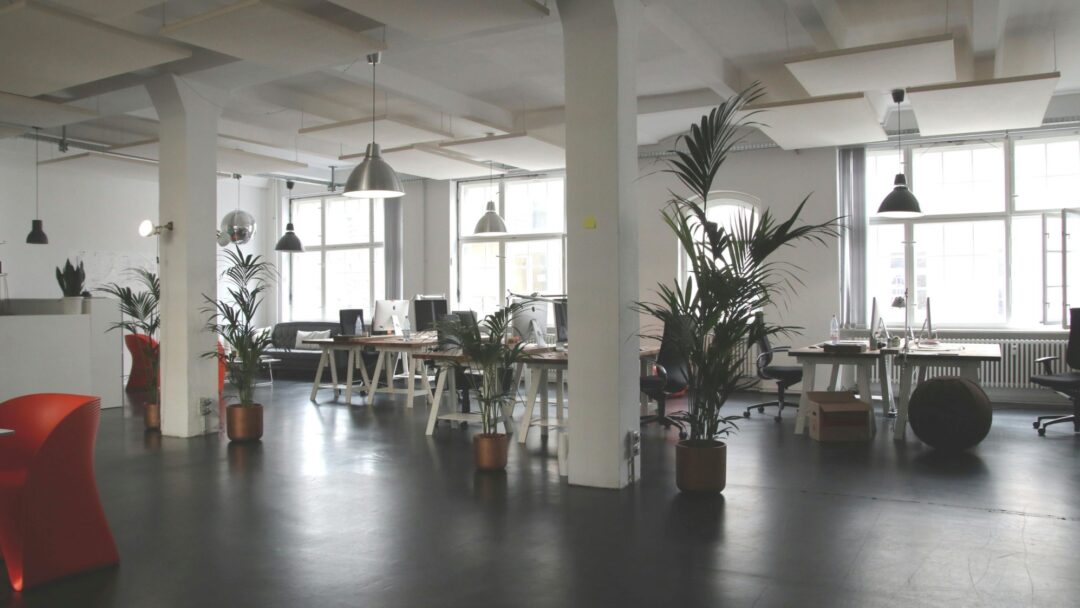
Brought to you by the Disability Media Australia, the Powerd Newswrap presents articles from the powerd.media website, along with discussions of the related topics.
Powerd NewsWrap 6th August 2025
Powerd NewsWrap by Emma Myers
6th August 2025
•14 mins
Audio

Brought to you by the Disability Media Australia, the Powerd Newswrap presents articles from the powerd.media website, along with discussions of the related topics.
Powerd NewsWrap 13th August 2025
Powerd NewsWrap by Emma Myers
13th August 2025
•14 mins
Audio

Brought to you by the Disability Media Australia, the Powerd Newswrap presents articles from the powerd.media website, along with discussions of the related topics.
Powerd NewsWrap 20th August 2025
Powerd NewsWrap by Emma Myers
20th August 2025
•14 mins
Audio
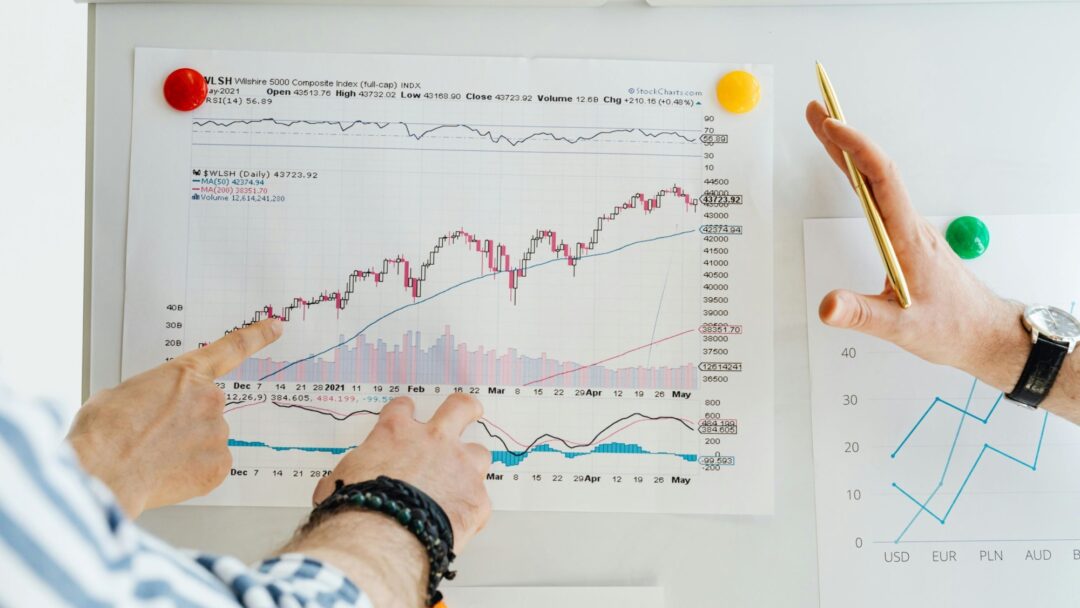
Brought to you by the Disability Media Australia, the Powerd Newswrap presents articles from the powerd.media website, along with discussions of the related topics.
Powerd NewsWrap 27th August 2025
Powerd NewsWrap by Emma Myers
27th August 2025
•17 mins
Audio

Brought to you by the Disability Media Australia, the Powerd Newswrap presents articles from the powerd.media website, along with discussions of the related topics.
Powerd NewsWrap 3rd September 2025
Powerd NewsWrap by Emma Myers
3rd September 2025
•17 mins
Audio
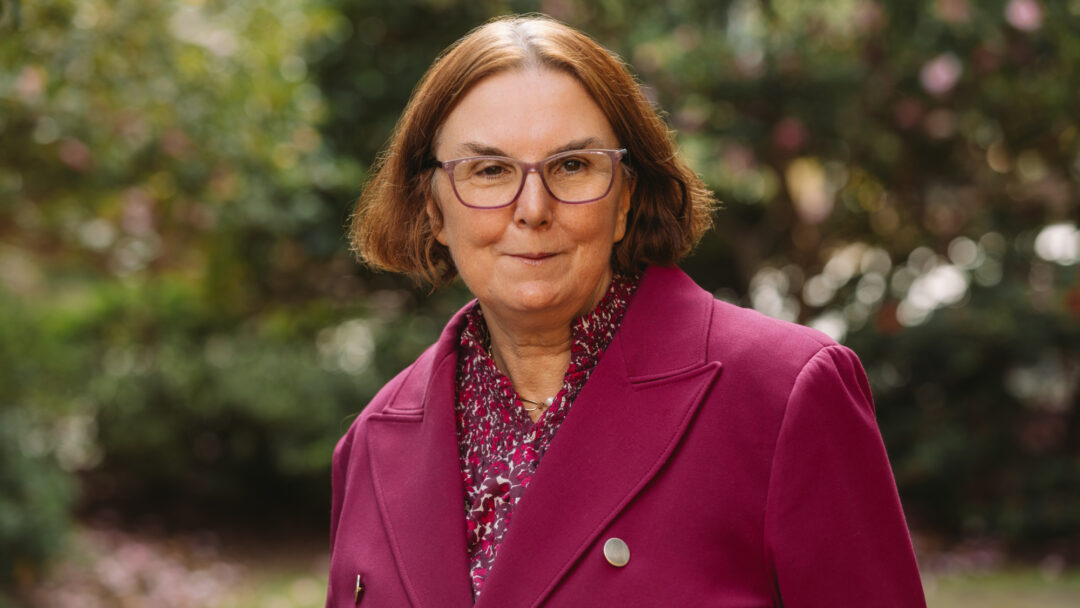
Brought to you by the Disability Media Australia, the Powerd Newswrap presents articles from the powerd.media website, along with discussions of the related topics.
Powerd NewsWrap 10th September 2025
Powerd NewsWrap by Emma Myers
10th September 2025
•14 mins
Audio
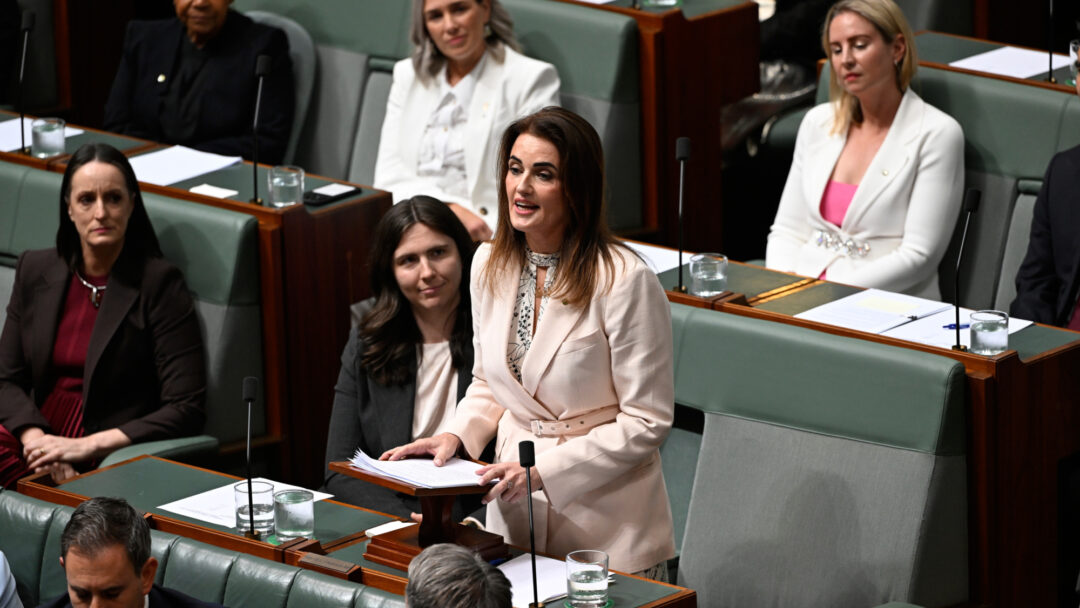
Brought to you by the Disability Media Australia, the Powerd Newswrap presents articles from the powerd.media website, along with discussions of the related topics.
Powerd NewsWrap 17th September 2025
Powerd NewsWrap by Emma Myers
17th September 2025
•14 mins
Audio
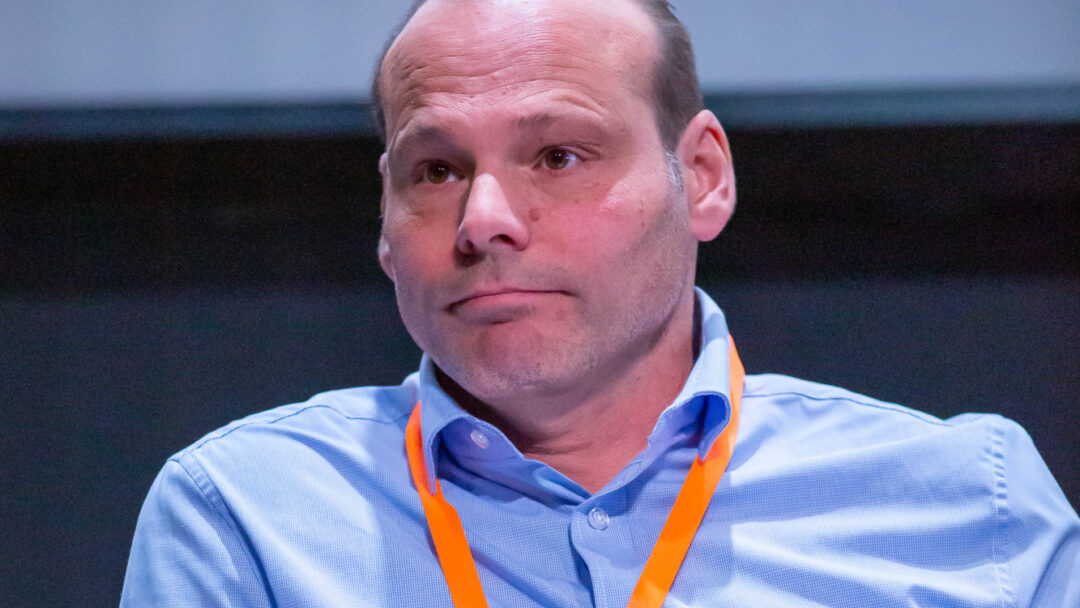
Brought to you by the Disability Media Australia, the Powerd Newswrap presents articles from the powerd.media website, along with discussions of the related topics.
Powerd NewsWrap 24th September 2025
Powerd NewsWrap by Emma Myers
24th September 2025
•15 mins
Audio
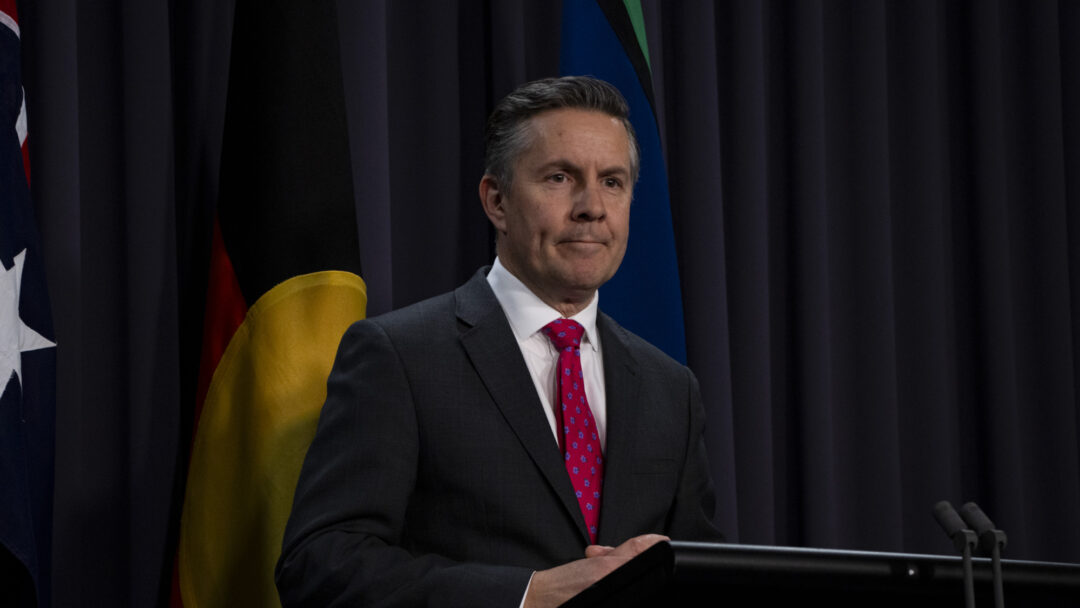
Brought to you by the Disability Media Australia, the Powerd Newswrap presents articles from the powerd.media website, along with discussions of the related topics.
Powerd NewsWrap 1st October 2025
Powerd NewsWrap by Emma Myers
1st October 2025
•14 mins
Audio
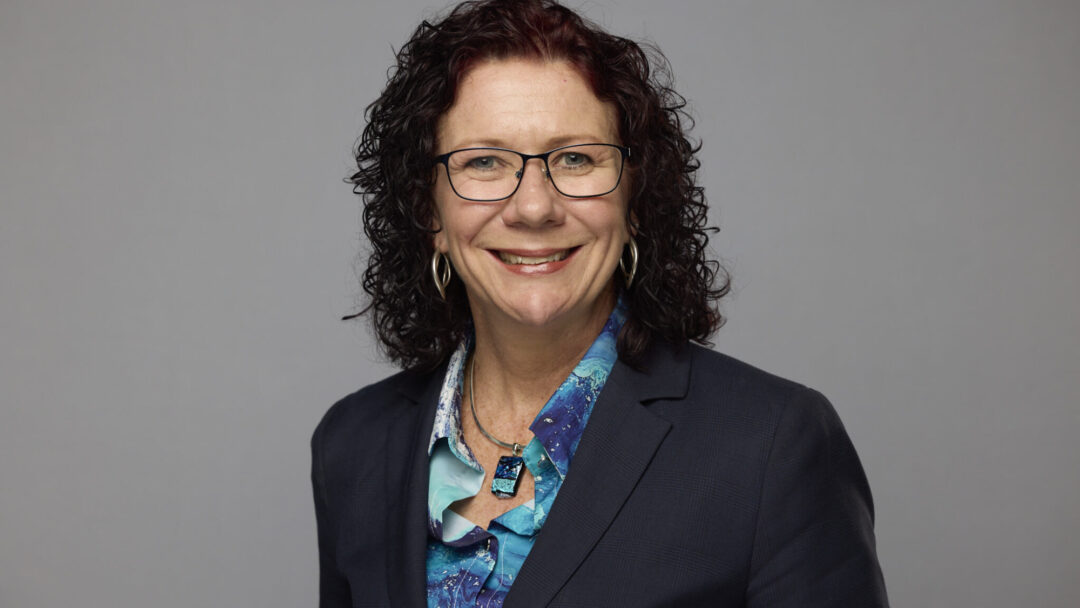
Brought to you by the Disability Media Australia, the Powerd Newswrap presents articles from the powerd.media website, along with discussions of the related topics.
Powerd NewsWrap 8th October 2025
Powerd NewsWrap by Emma Myers
8th October 2025
•14 mins
Audio
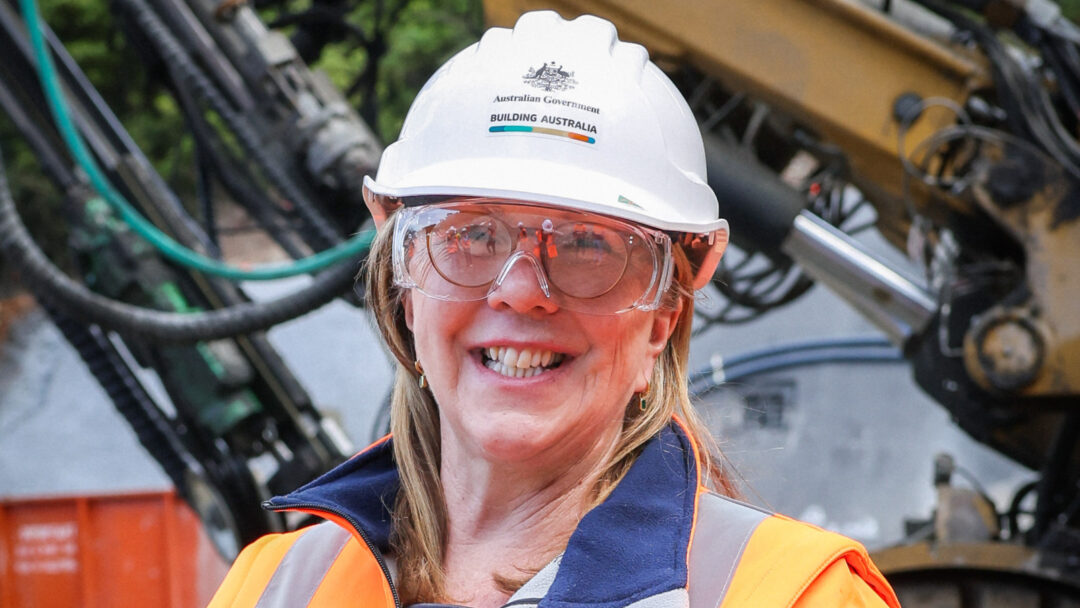
Brought to you by the Disability Media Australia, the Powerd Newswrap presents articles from the powerd.media website, along with discussions of the related topics.
Powerd NewsWrap 15th October 2025
Powerd NewsWrap by Emma Myers
15th October 2025
•15 mins
Audio
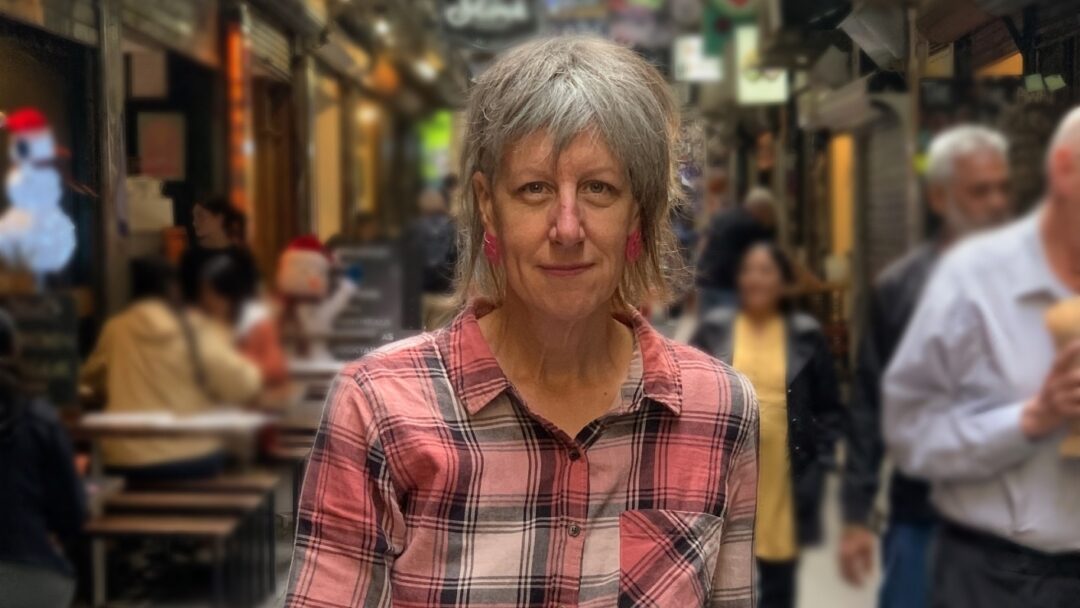
Brought to you by the Disability Media Australia, the Powerd Newswrap presents articles from the powerd.media website, along with discussions of the related topics.
Powerd NewsWrap 22nd October 2025
Powerd NewsWrap by Emma Myers
22nd October 2025
•15 mins
Audio
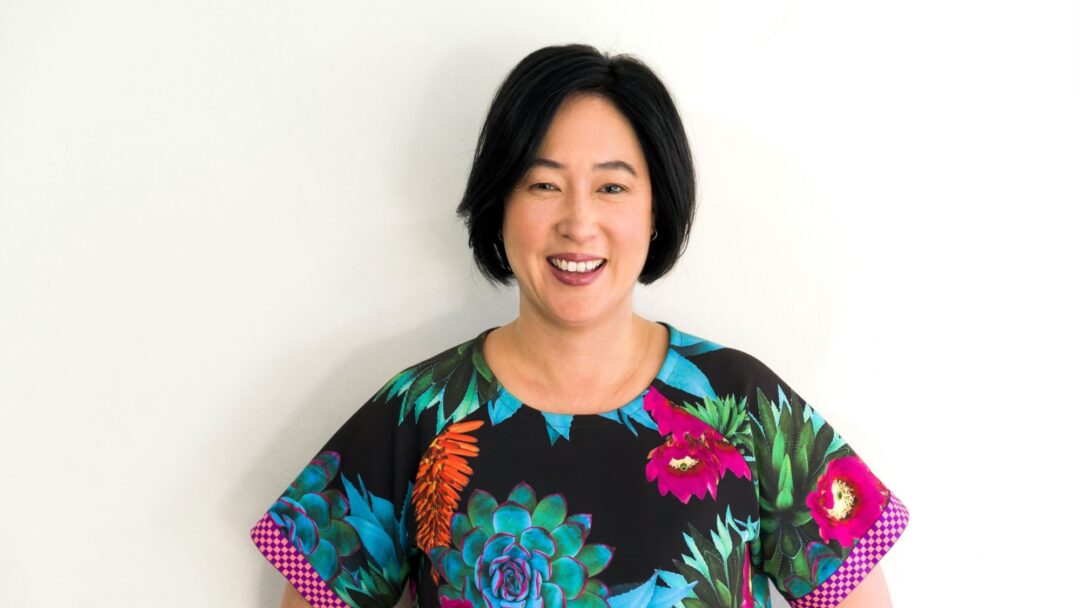
Brought to you by the Disability Media Australia, the Powerd Newswrap presents articles from the powerd.media website, along with discussions of the related topics.
Powerd NewsWrap 29th October 2025
Powerd NewsWrap by Emma Myers
29th October 2025
•17 mins
Audio

Brought to you by the Disability Media Australia, the Powerd Newswrap presents articles from the powerd.media website, along with discussions of the related topics.
Powerd NewsWrap 5th November 2025
Powerd NewsWrap by Emma Myers
5th November 2025
•15 mins
Audio
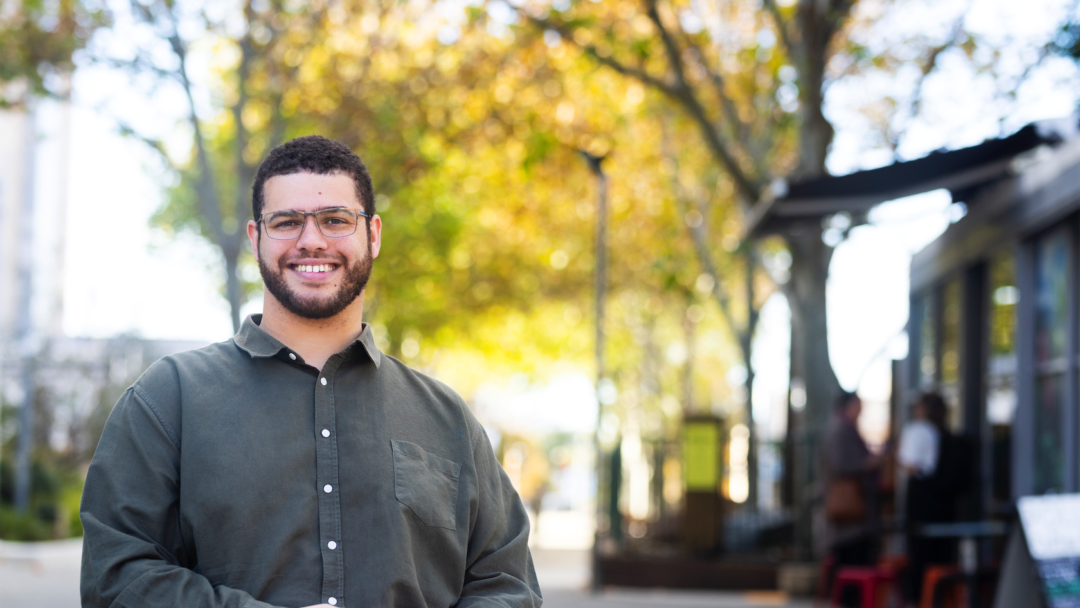
Brought to you by the Disability Media Australia, the Powerd Newswrap presents articles from the powerd.media website, along with discussions of the related topics.
Powerd NewsWrap 12th November 2025
Powerd NewsWrap by
12th November 2025
•14 mins
Audio
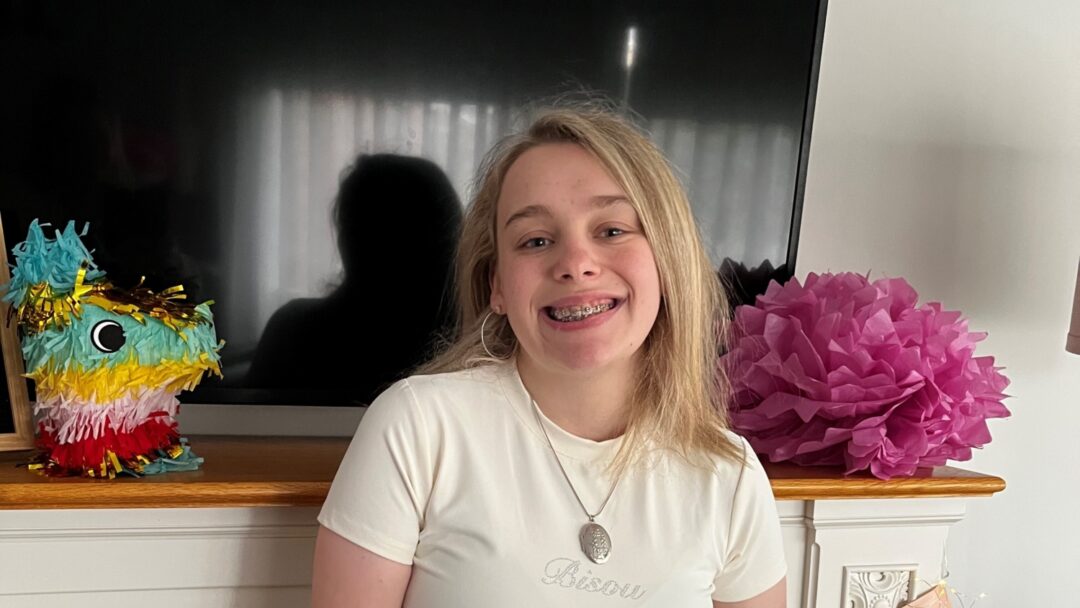
Brought to you by the Disability Media Australia, the Powerd Newswrap presents articles from the powerd.media website, along with discussions of the related topics.
Powerd NewsWrap 19th November 2025
Powerd NewsWrap by Emma Myers
19th November 2025
•14 mins
Audio

Brought to you by the Disability Media Australia, the Powerd Newswrap presents articles from the powerd.media website, along with discussions of the related topics.
Powerd NewsWrap 26th November 2025
Powerd NewsWrap by Emma Myers
26th November 2025
•15 mins
Audio
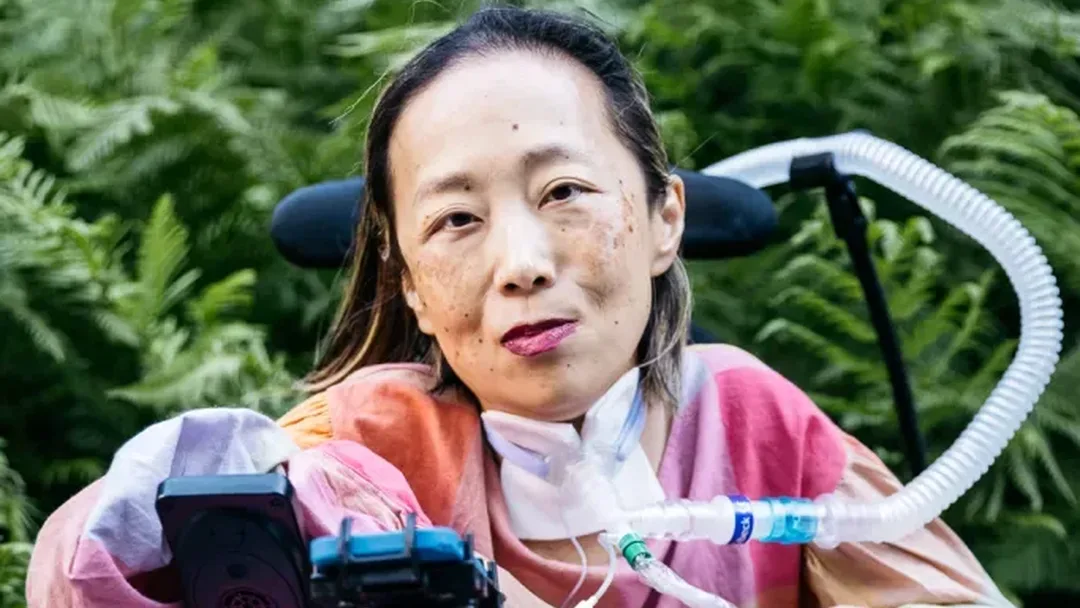
Brought to you by Disability Media Australia, the Powerd Newswrap presents articles from the powerd.media website, along with discussions of the related topics.
Powerd NewsWrap 3rd December 2025
Powerd Newswrap by Emma Myers
3rd December 2025
•15 mins
Audio

Brought to you by Disability Media Australia, the Powerd Newswrap presents articles from the powerd.media website, along with discussions of the related topics.
Powerd NewsWrap 10th December 2025
Powerd NewsWrap by Emma Myers
10th December 2025
•14 mins
Audio
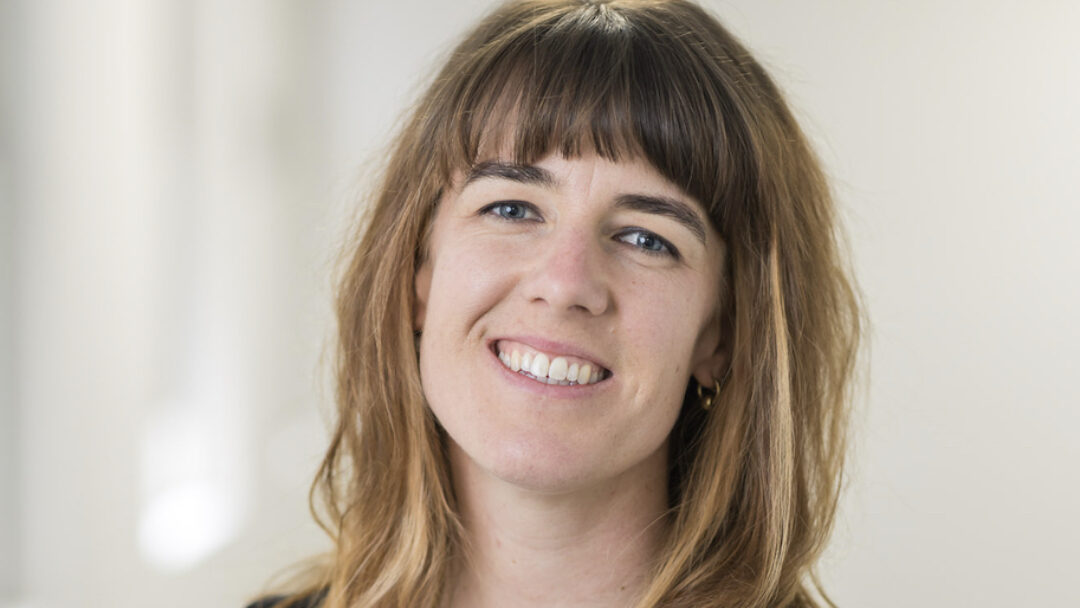
Brought to you by Disability Media Australia, the Powerd Newswrap presents articles from the powerd.media website, along with discussions of the related topics.
Powerd NewsWrap 17th December 2025
Powerd NewsWrap by Emma Myers
17th December 2025
•14 mins
Audio
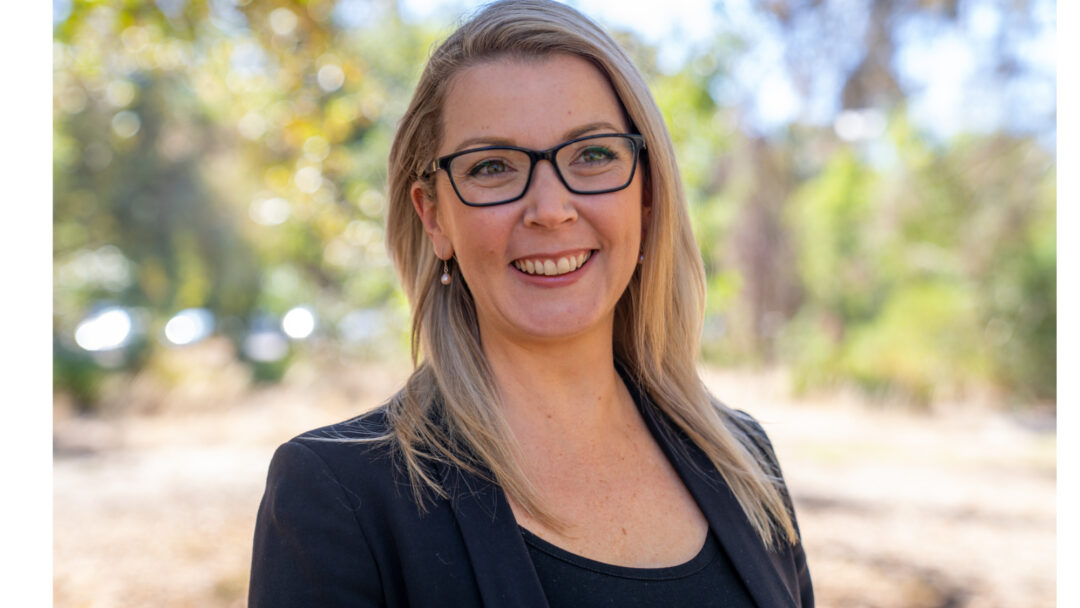
Brought to you by Disability Media Australia, the Powerd Newswrap presents articles from the powerd.media website, along with discussions of the related topics.
Powerd NewsWrap 7th January 2026
Powerd NewsWrap by Emma Myers
7th January 2026
•14 mins
Audio
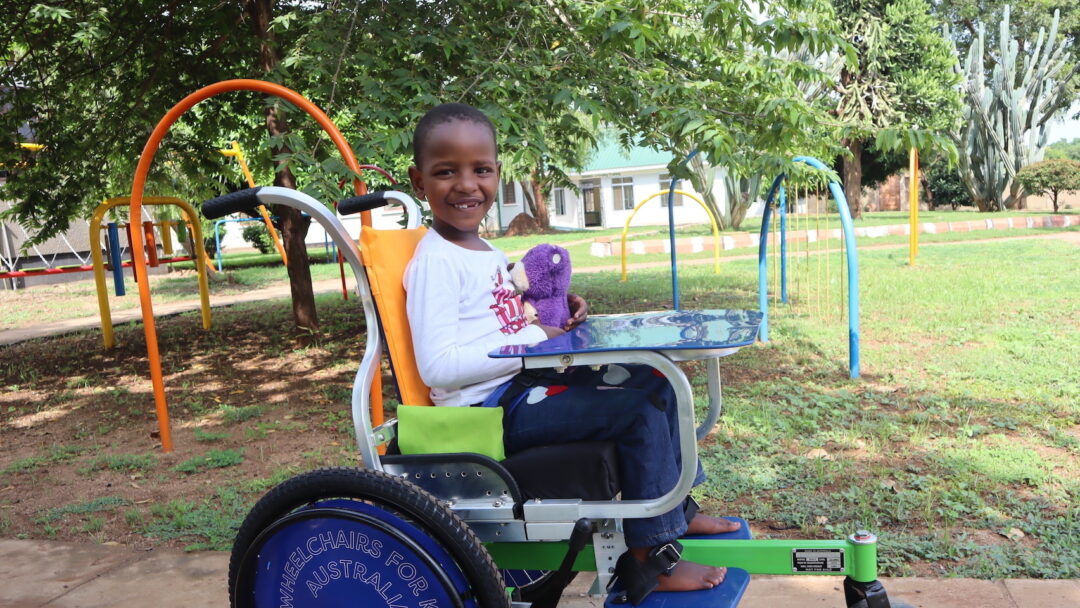
Brought to you by Disability Media Australia, the Powerd Newswrap presents articles from the powerd.media website, along with discussions of the related topics.
Powerd NewsWrap 14th January 2026
Powerd NewsWrap by Emma Myers
14th January 2026
•14 mins
Audio
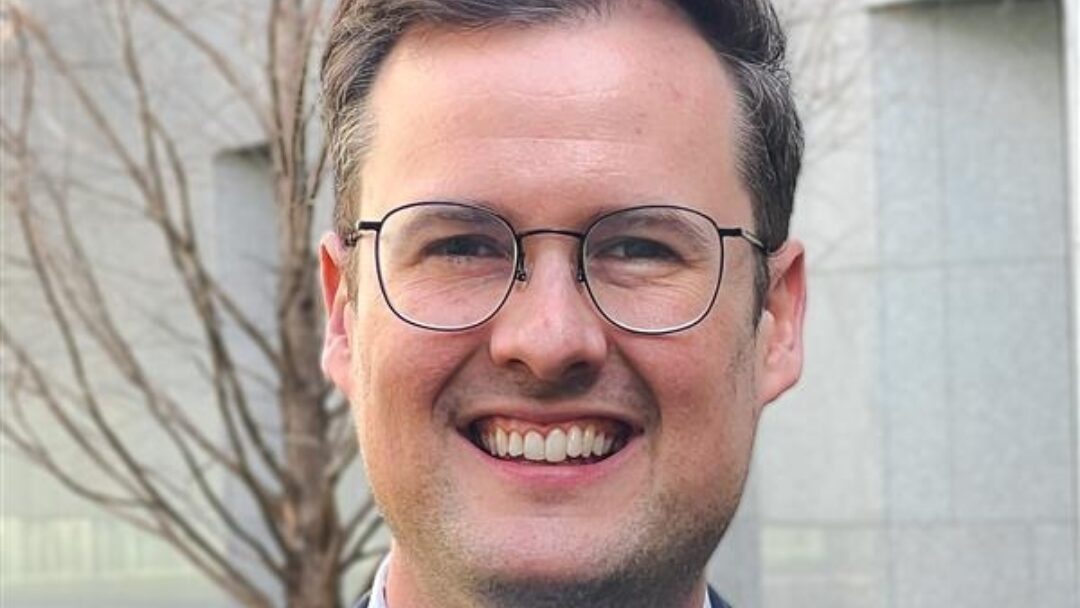
Brought to you by Disability Media Australia, the Powerd Newswrap presents articles from the powerd.media website, along with discussions of the related topics.
Powerd NewsWrap 21st January 2026
Powerd NewsWrap by Emma Myers
21st January 2026
•14 mins
Audio
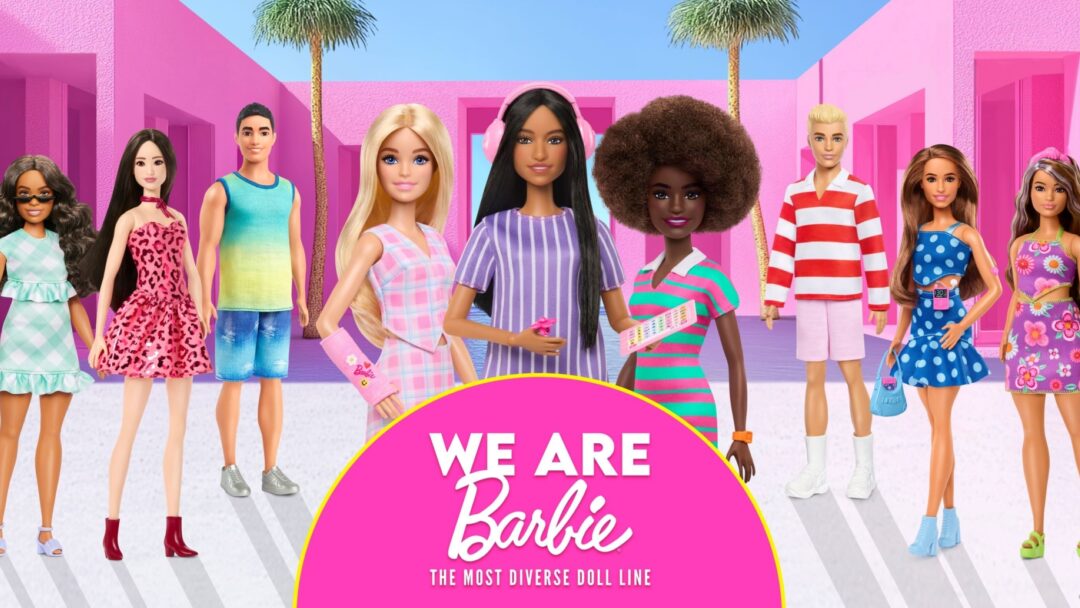
Brought to you by Disability Media Australia, the Powerd Newswrap presents articles from the powerd.media website, along with discussions of the related topics.
Powerd NewsWrap 28th January 2026
Powerd NewsWrap by Emma Myers
28th January 2026
•16 mins
Audio
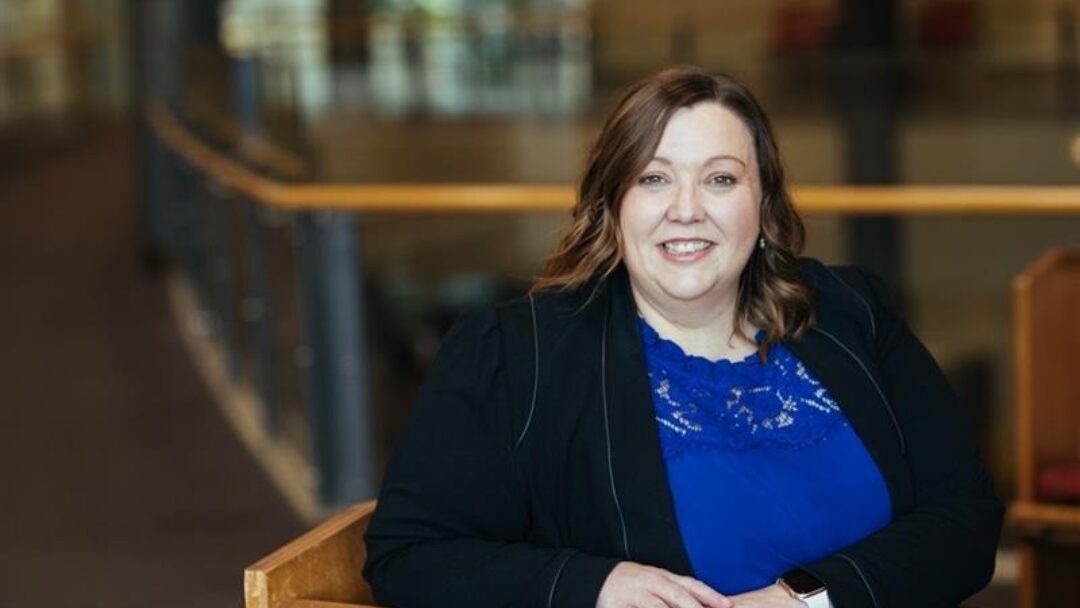
Brought to you by Disability Media Australia, the Powerd Newswrap presents articles from the powerd.media website, along with discussions of the related topics.
Powerd NewsWrap 4th February 2026
Powerd NewsWrap by Emma Myers
4th February 2026
Audio
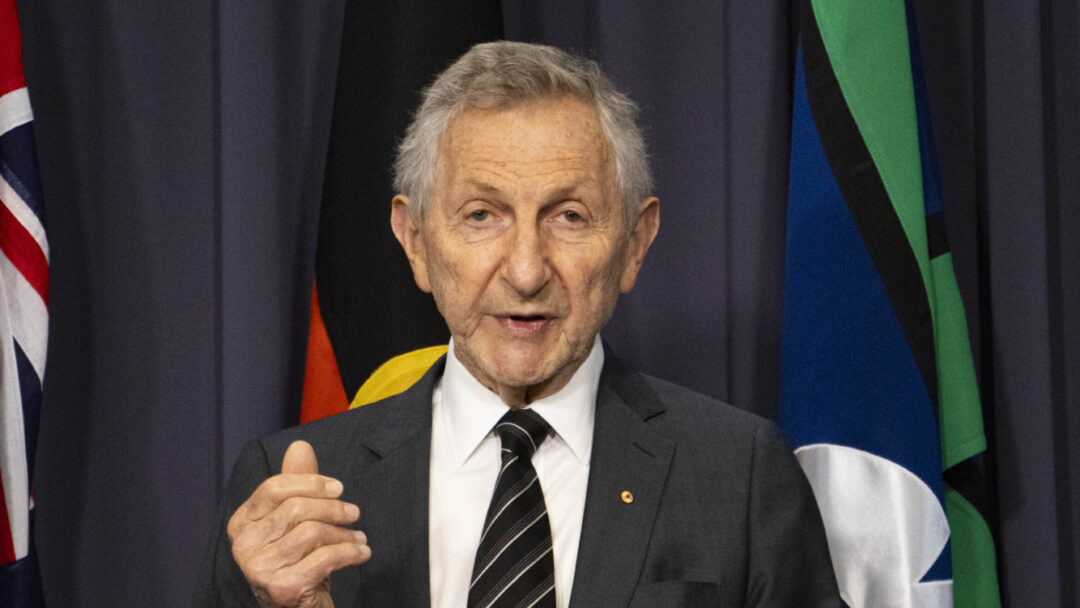
Brought to you by Disability Media Australia, the Powerd Newswrap presents articles from the powerd.media website, along with discussions of the related topics.
Powerd NewsWrap 11th February 2026
Powerd NewsWrap by Emma Myers
11th February 2026
•14 mins
Audio
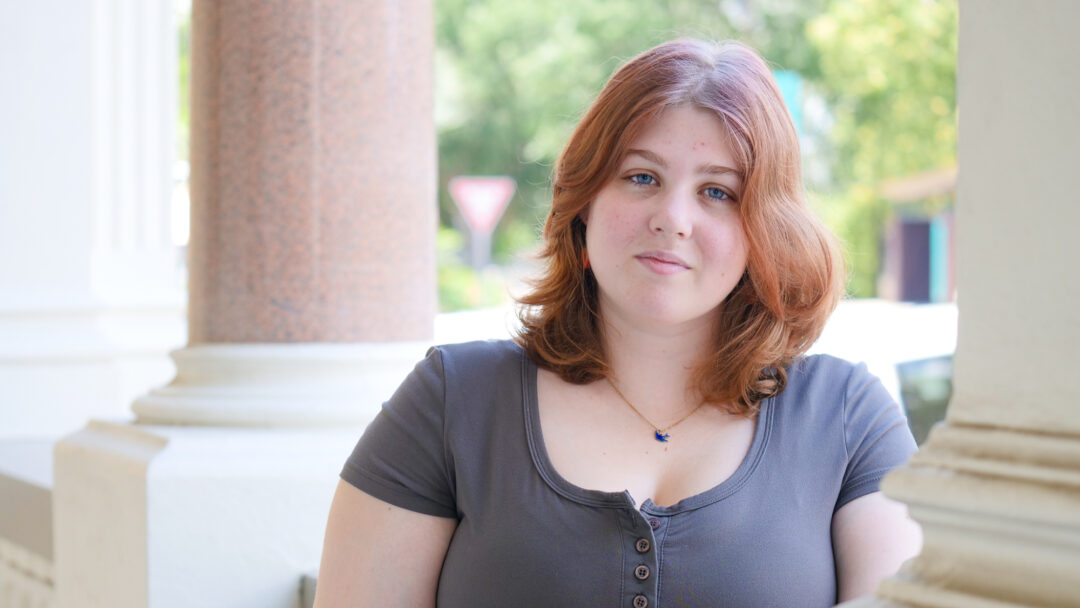
Brought to you by Disability Media Australia, the Powerd Newswrap presents articles from the powerd.media website, along with discussions of the related topics.
Powerd NewsWrap 18th February 2026
Powerd NewsWrap by Emma Myers
18th February 2026
•13 mins
Audio